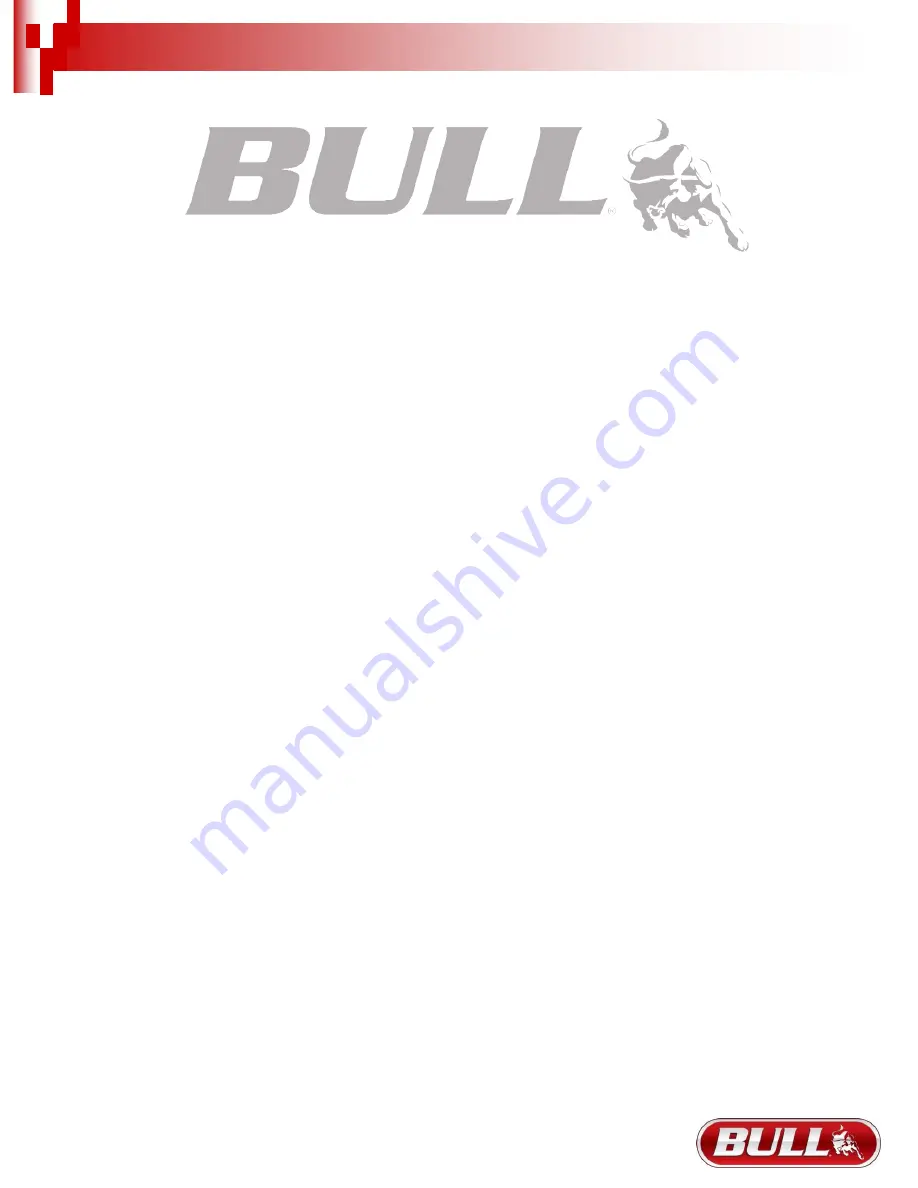
CLEANING & MAINTENANCE
CLEANING THE GRATES
After cooking, turn control knobs to “OFF” and let power burner cool before attempting to clean your grates. Before first use and periodically it is
suggested that you wash the grates in a mild soap and warm water solution. You can use a washcloth or a vegetable brush to clean your grates.
CLEANING THE BURNER
IMPORTANT:
Gas control knobs should be in the “OFF” position, and fuel line should be disconnected from gas valve manifold. To reduce the
chance of FLASHBACK, the procedure below should be followed at least once a month or when your power burner has not been used for an
extended period of time.
1. Remove burner from insert.
2. Clean any clogged ports with a stiff wire such as an open paper clip.
3. Inspect the burner for damage (cracks or holes) and if such damage is found, order and install a new burner.
4. After installation, check to insure that the burner orifice is correctly placed inside the burner tube. Also check position of spark electrode.
CLEANING THE GREASE TRAY
The grease tray should be emptied and wiped down periodically and washed in a mild detergent and warm water solution.
ANNUAL CLEANING OF POWER BURNER
Periodically, the power burner should be given an entire thorough cleaning to ensure optimal performance.
1. Shut off gas supply at source and disconnect fuel line from gas valve manifold. Protect fuel line fitting.
2. Remove and clean (as explained above) the grates and burner.
3. Cover the orifices with a piece of aluminum foil.
4. Brush the inside and bottom of the power burner with a vegetable brush, and wash down with a mild soap and warm water solution. Rinse
thoroughly and let dry.
5. Remove aluminum foil from orifices and check orifices for obstruction.
6. Check electrode as instructed on page 11.
7. Replace burner and grates.
8. Reconnect to gas source and observe burner flame for correct operation.
IMPORTANT
: You should NOT line the bottom of the power burner housing with aluminum foil, sand or any other grease absorbent substance.
Grease will not be able to drip down into the grease tray and a grease fire could occur.
STAINLESS STEEL CLEANING AND MAINTENANCE
Stainless steel is a corrosion resistant chromium/nickel alloy steel that is both durable as well as strong with an outstanding luster. The goal of your
cleaning and maintenance routine should be to keep the stainless steel’s protective chromium oxide layer intact. This is what prevents corrosion.
Contrary to popular belief, stainless steel is NOT rustproof, especially in the environment of a swimming pool. Chlorine, bromine, some fertilizers
and other elements are extremely caustic chemicals for stainless steel. These chemicals combined with heat and humidity greatly increase the
corrosiveness of these chemicals. Regular cleaning is the best way to prevent corrosion and add years of enjoyment to your Bull stainless steel
products.
13
Содержание 96000
Страница 17: ...EXPLODED ILLUSTRATION 16...

































